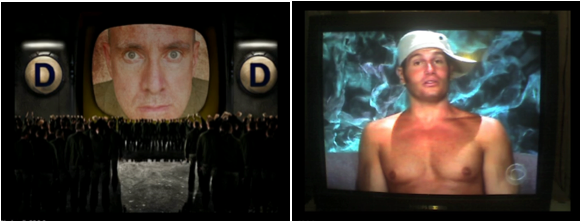But it doesn't have to be this way. We are not passive consumers of data and technology. We shape the role it plays in our lives and the way we make meaning from it, but to do that, we have to pay as much attention to how we think as how we code. We have to ask questions, and hard questions, to move past counting things to understanding them … if we are to unlock the power of data, we don't have to go blindly into Orwell's vision of a totalitarian future, or Huxley's vision of a trivial one, or some horrible cocktail of both. What we have to do is treat critical thinking with respect … and as they say in the superhero movies, let's use our powers for good.
As business people, as consumers, as citizens, we have a responsibility to spend more time on our critical thinking skills, because at this point of our history we can process exabites of data at lightening speed and we have the potential to make bad decisions far more quickly and efficiently and with more impact than in the past, and so we need to do instead is spend more time on things like the humanities, sociology, the social sciences, rhetoric, philosophy, ethics, because they give context that is so important for big data and they help us to become critical thinkers.
The Guardian reported, that the leading robotics nation, Japan, has recently decided to cut down on humanities and social sciences in favor of practical subjects with the objective of competing against its neighbor China.
Data Analist Susan Etlinger on TED and TED Radiohour.
